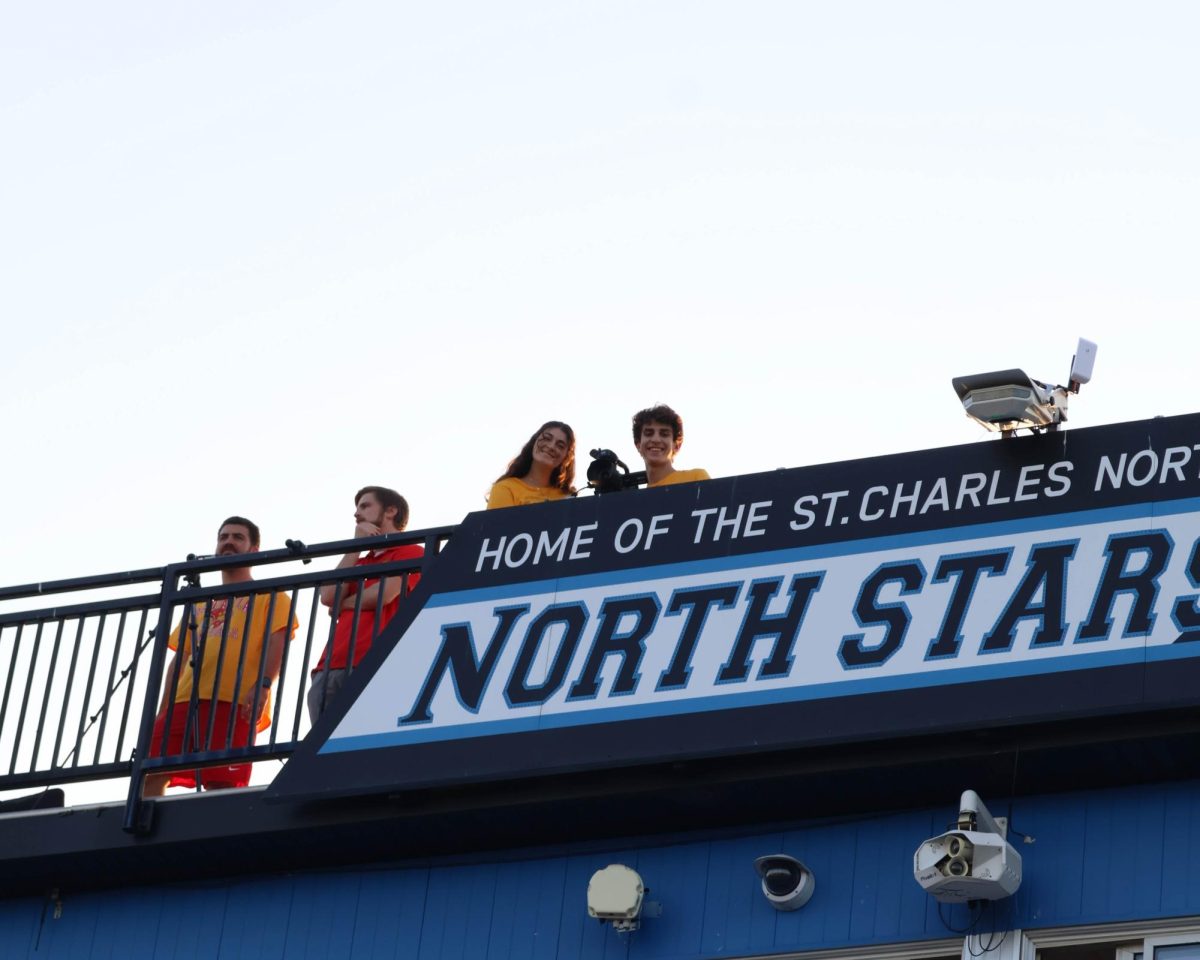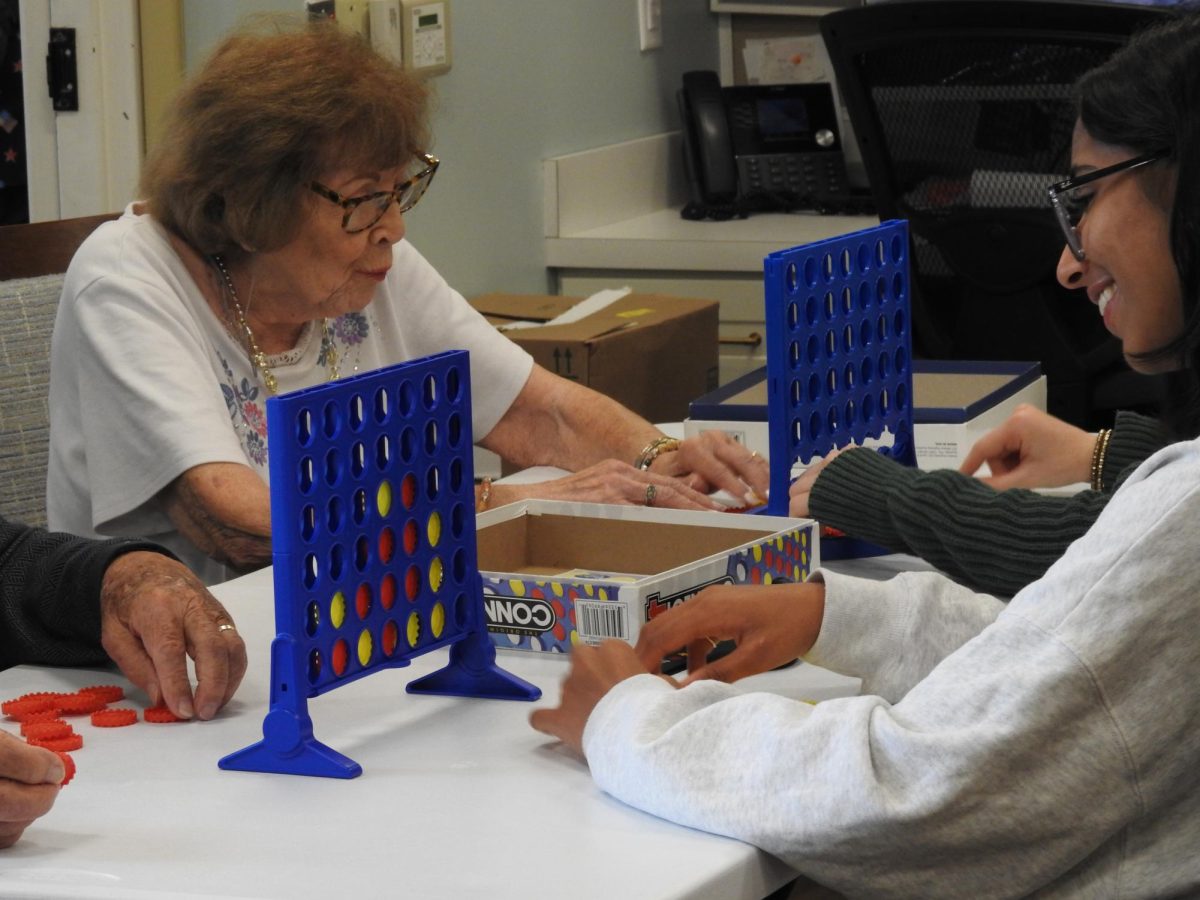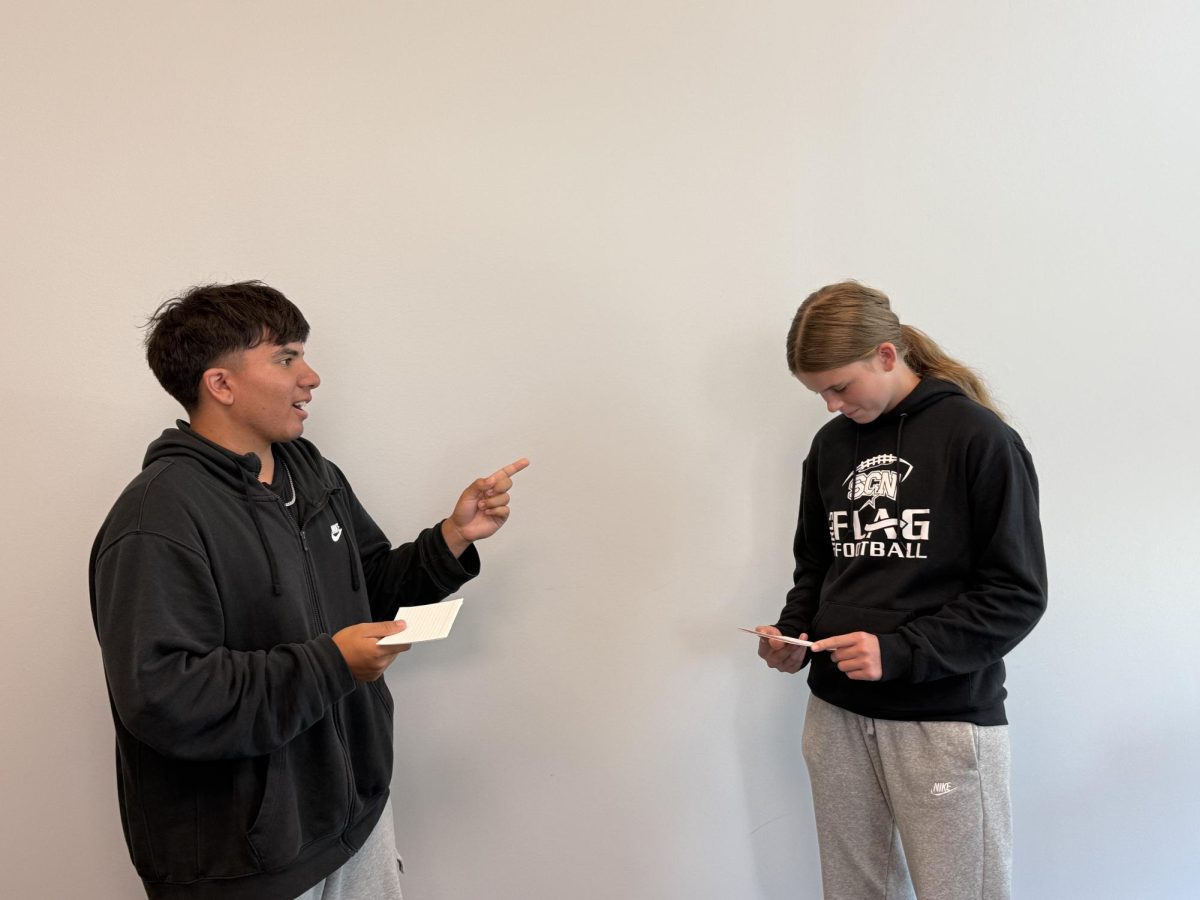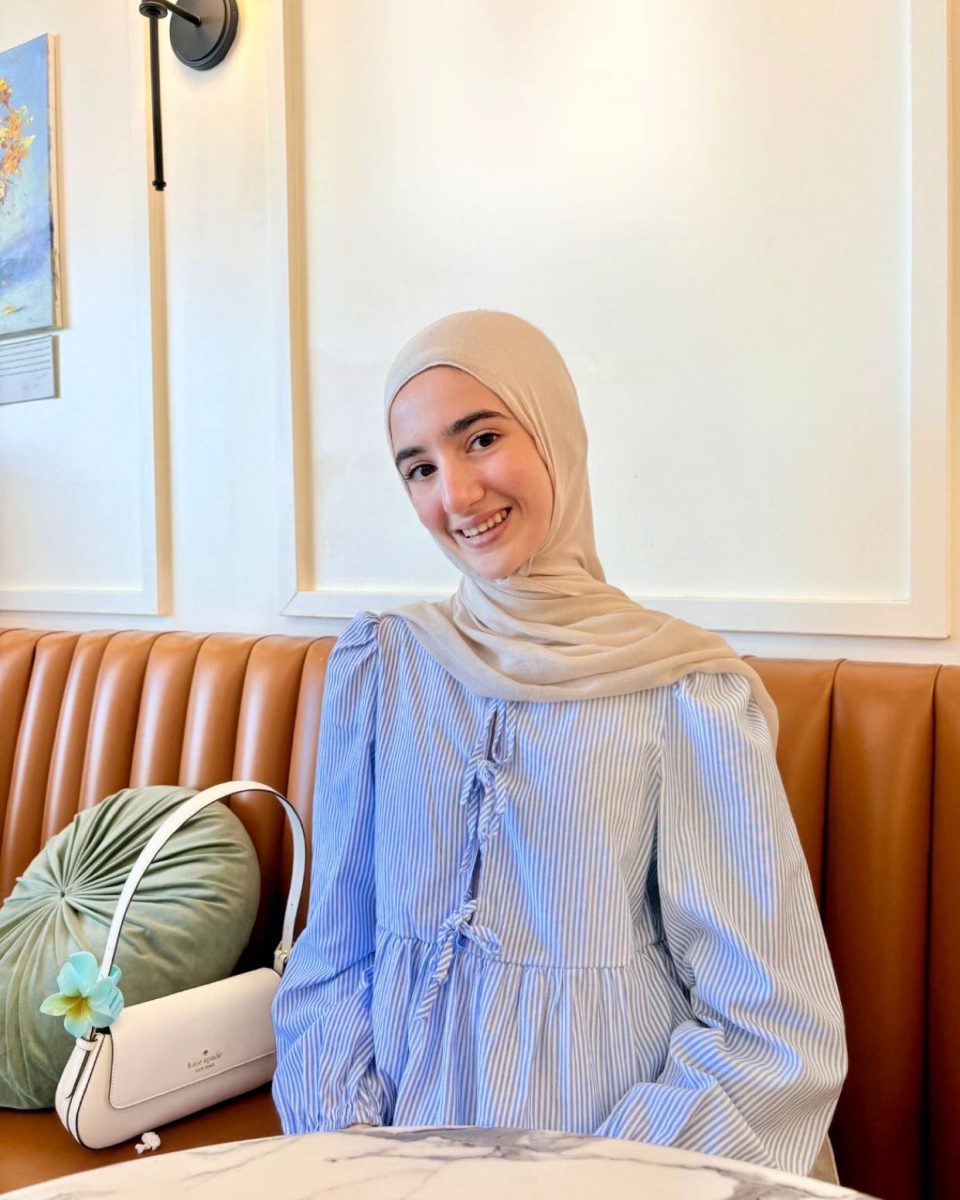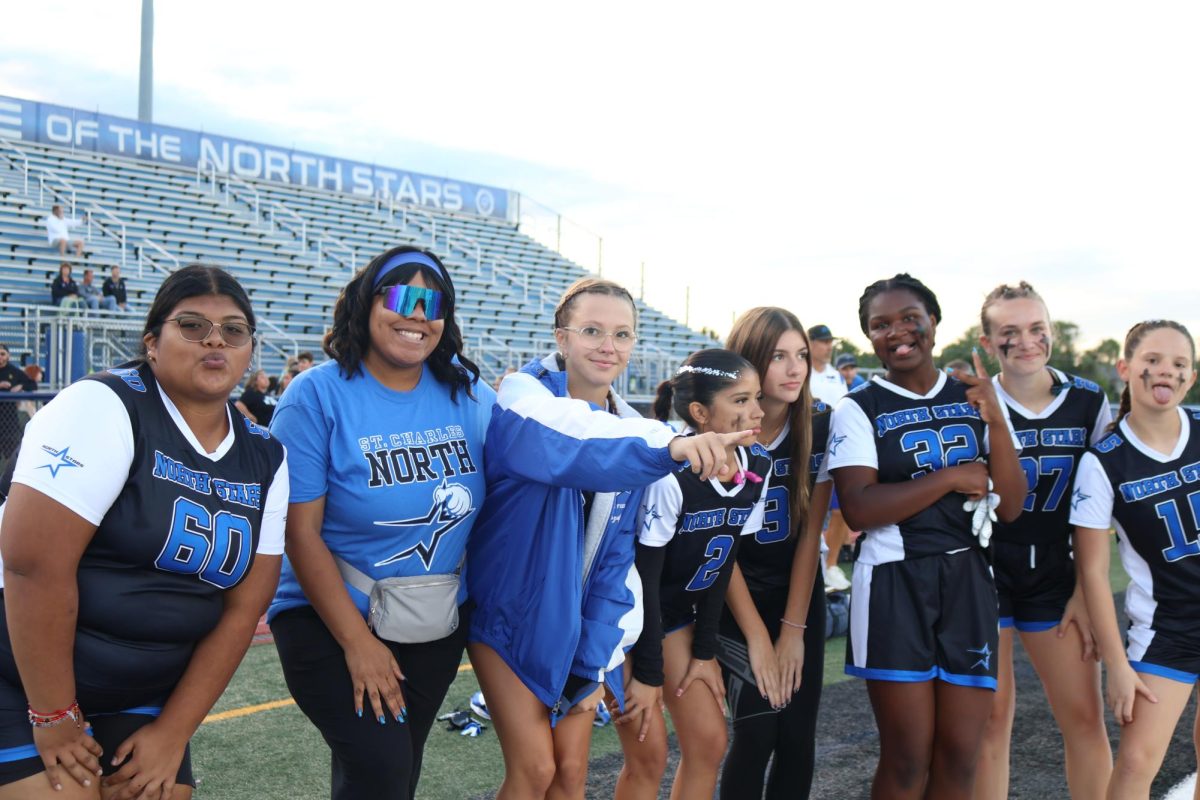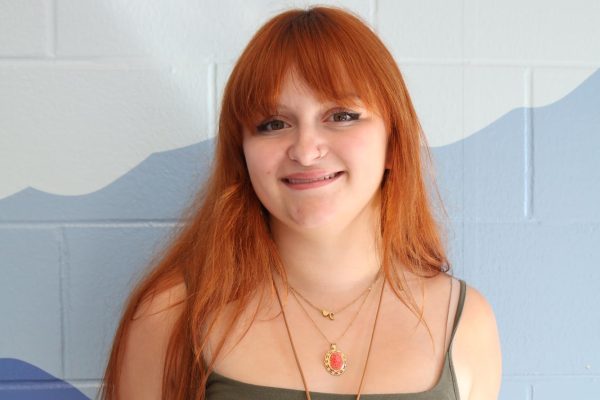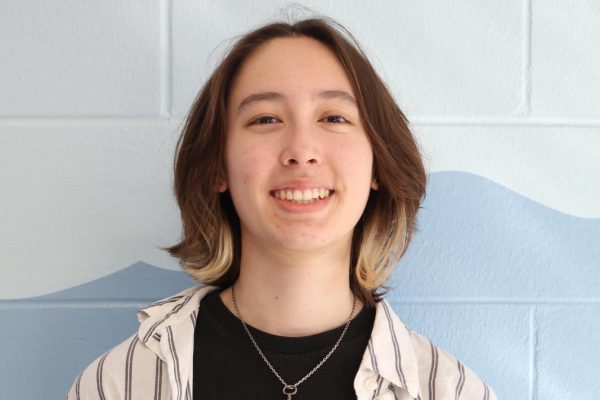Disclaimer: The following article examines general trends about how various generations are viewing the upcoming presidential election. Any and all observations discussed are not universal truths, but rather the ideas gathered and compiled from a set of six interviews as well as overall observations.
In an election like no other, everyone has their own thoughts and opinions about it. From generation to generation, peoples’ views tend to differ while following certain patterns and trends. Many different demographics of people get to vote, and they all see the election differently. However, connections can be drawn between people of similar ages.
As noticed by many, the nation is witnessing a historic election. No matter which way the election turns out, the consensus is that the nation is going to see big impacts.
“We might see our first woman president, or we might see a former president lose and then come back and be elected again. That’s only happened once before,” said Michael Kuper, social studies teacher.
One major generational difference is how many election cycles one has lived through. Depending on how old someone is, they will have experienced more or fewer elections in their lifetime. While Gen Z only has memories of a few elections, millennials and older generations have lived through and seen many election cycles.
“What I do think is interesting is that basically, for as long as I can remember, there hasn’t been a big difference in the candidates. The last election I can vividly remember was 2016 in which Trump was a candidate. In 2020, he was still a candidate. In 2024, he’s still a candidate. So that’s been a big continuation through the elections,” said Tyler Moore, recent North alumni and member of Gen Z.
Older generations have more to compare this election to.
“I think the elections I’ve seen over my lifetime, primarily 2008, 2012, 2016, and 2020, have gotten increasingly more divisive. I remember when I was in 8th grade in 2008 talking to people who disagreed on the political candidates, and I typically saw my parents and their friends respectfully disagreeing,” said Katherine Dickson, social studies teacher.
Having this background sets these generations apart from younger ones that have not gotten the same first-hand experience.
Another major influence on Gen Z is how “taboo” politics may seem in school. While in school, many students do not discuss politics for a variety of reasons.
“It does feel like politics are taking more and more center stage in our lives, and I think that’s one of the things that’s going to be surprising to our students when they leave this building, is just how much everything is, or could be, political,” said Scott Von Essen, English teacher.
While other generations have been in environments where politics are discussed, many young voters have not. This is yet another way many young voters are being differently influenced than older voters.
This election has had an interesting handful of debates and media published about it. With Biden dropping out of the race so close to the election, Harris has not had as long to campaign and has not been able to participate in as many debates as Trump. Additionally, not all media coverage is the same.
“There’s definitely different sectors in the media that are covering the candidates in different lights. Some media outlets are willing to ask more challenging, tough questions, while some media outlets are asking more surface level questions. Typically, we have more than one presidential debate, and while there was more than one on Trump’s side, Harris only participated in one,” said Lindsay Boynton, social studies teacher. Each candidate’s campaigns will drastically impact the vote.
Some aspects of the debates are not viewed as substantially as past debates.
“I feel like a lot of it’s just slandering people. A lot of the election comes down to how much you can tear down someone’s ideas rather than what you’re actually going to bring towards the presidency,” said Ryan Knenlein, senior.
Various generations generally seem to have differing levels and methods of research for many scenarios, including this election.
“It used to be almost like we had a mono culture, where it’s like we got our news from the newspaper, the news on the TV. I think more people got those messages in the same way. But now, people get their news in a lot of different places,” said Von Essen.
Especially in the younger generations, many people tend to, whether knowingly or unknowingly, get their information from less reliable sources than in the past. With the major influence of social media, many tend to believe a lot of what they see online without fact checking. This causes many people to be misinformed or only partially informed about many subjects, including politics.
Social media tends to give incomplete or inaccurate information. In terms of the election, it has the potential to drastically sway the vote.
“I think social media can impact a lot of people in their vote, but not an educated impact,” said Knenlein.
Voters need to be careful that the information they are consuming related to the election is accurate and educated, especially on social media.
With some of Gen Z getting to vote for the first time in this election, we are seeing an entirely new group of youth casting their votes, which has the potential to sway the vote in a major way, given they show up to vote.
“I would really love to encourage young people to share their voice by registering and showing up to vote in this election and future ones,” said Boynton.




